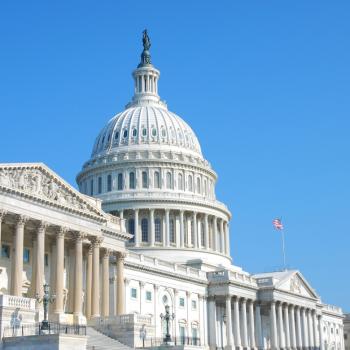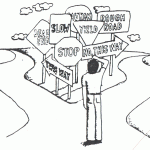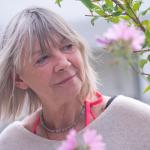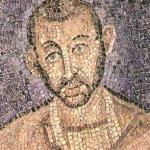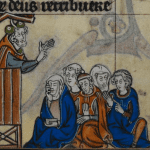Religious vs. Religion
In today’s world, spirituality is a deeply personal and subjective journey. As individuals seek meaning and purpose, the question of religious affiliation often arises.
While organized religions have always played a significant role in shaping communities and providing a framework for belief, there is a growing trend towards non-denominational practices. This article explores the benefits of being non-denominational and how it can positively impact our spiritual lives.
The Freedom of Non-Denominationalism
One of the primary advantages of being non-denominational is the freedom it brings. By embracing a non-denominational approach, individuals can explore various beliefs, traditions, and spiritual practices without being confined to a specific set of rules.
This freedom allows for a more inclusive and open-minded approach to spirituality, while holding onto a sense of unity among diverse communities.
Breaking Down Barriers
Denominational differences have historically been a cause of division and conflict. By choosing to be non-denominational, we can transcend these barriers and focus on what unites us rather than what sets us apart. This approach promotes tolerance, understanding, and a greater appreciation for the richness and diversity of human spirituality.
Embracing Personal Connection
Non-denominationalism places a strong emphasis on personal connection and direct experiences with God. It encourages individuals to develop a unique and authentic relationship with their spirituality, free from the constraints of prescribed praises.
This personal connection holds a deeper sense of fulfillment and allows for a more meaningful exploration of one’s beliefs.
What Does Linda Think?
As a true believer of non-denominationalism, I firmly believe that embracing a diverse and inclusive approach to spirituality can lead to a more harmonious and compassionate world.
By stepping beyond the confines of organized religion, we open ourselves up to a broader understanding of the human experience and foster a greater sense of unity among individuals from various backgrounds.
Scripture: Matthew 7:7 (NKJV)
“Ask, and it will be given to you; seek, and you will find; knock, and it will be opened to you.”
This scripture reminds us that the path to spiritual enlightenment is not limited to any specific religious denomination.
It encourages us to actively seek and explore our spiritual journey, trusting that the answers we seek will be revealed to us. By being non-denominational, we can fully embrace this call to seek and find our own unique path to spiritual fulfillment.
In a world where diversity of beliefs and practices is increasingly celebrated, being non-denominational offers a refreshing perspective on spirituality. It allows us to break free from the confines of rigid dogmas and embrace a more inclusive and open-minded approach.
By choosing to be non-denominational, we open ourselves up to new possibilities, promote unity, and foster a deeper personal connection with our spirituality. Let us embrace this freedom and embark on a journey of self-discovery, guided by our own unique experiences and understanding.
Image courtesy of https://www.brokenandhopeful.com/blog/2016/11/13/religion-vs-faith





